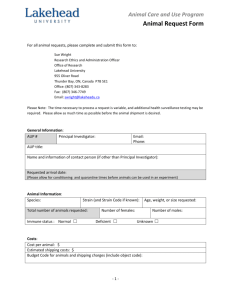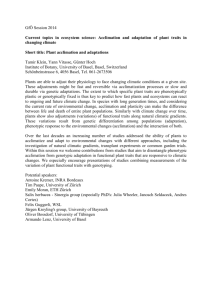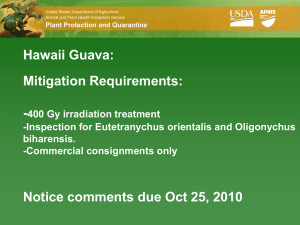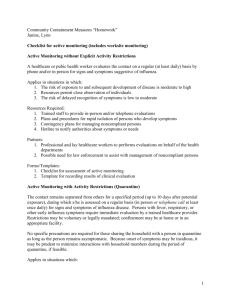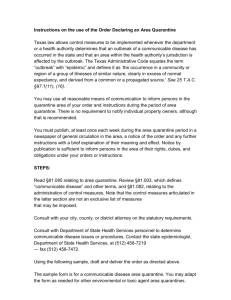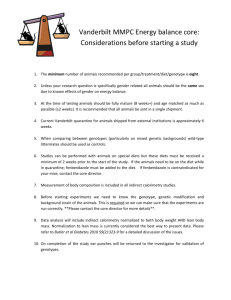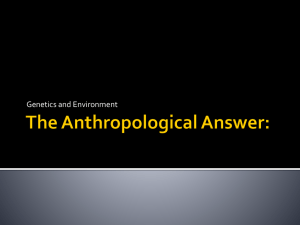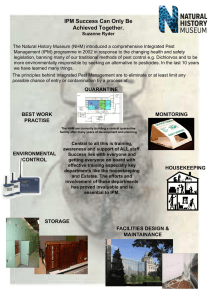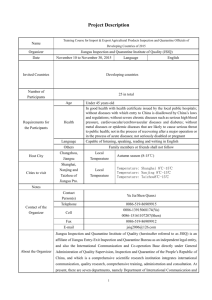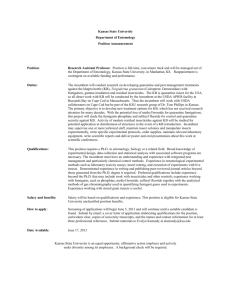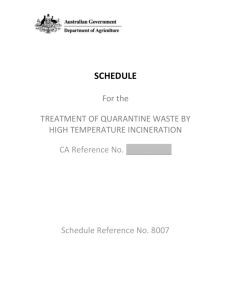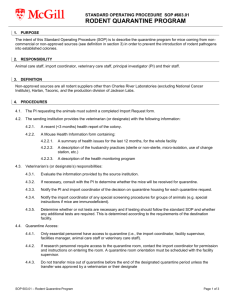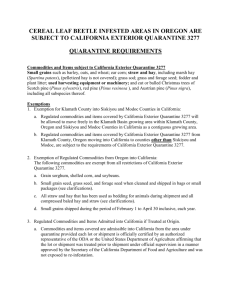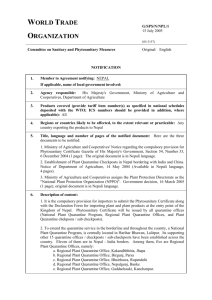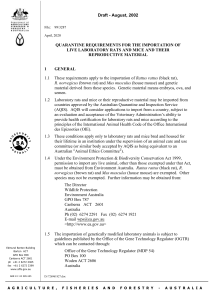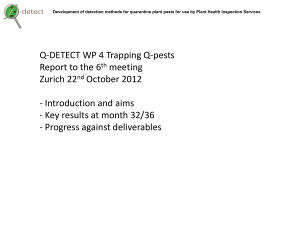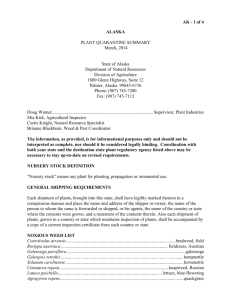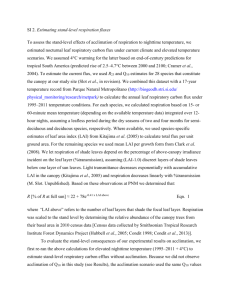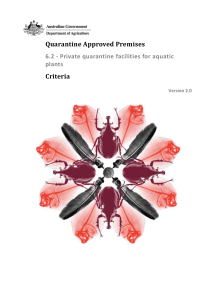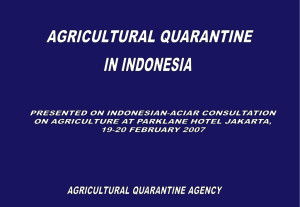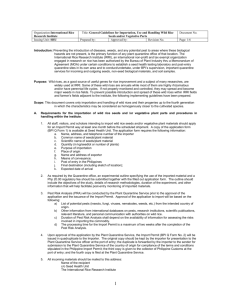policy - Western University of Health Sciences
advertisement
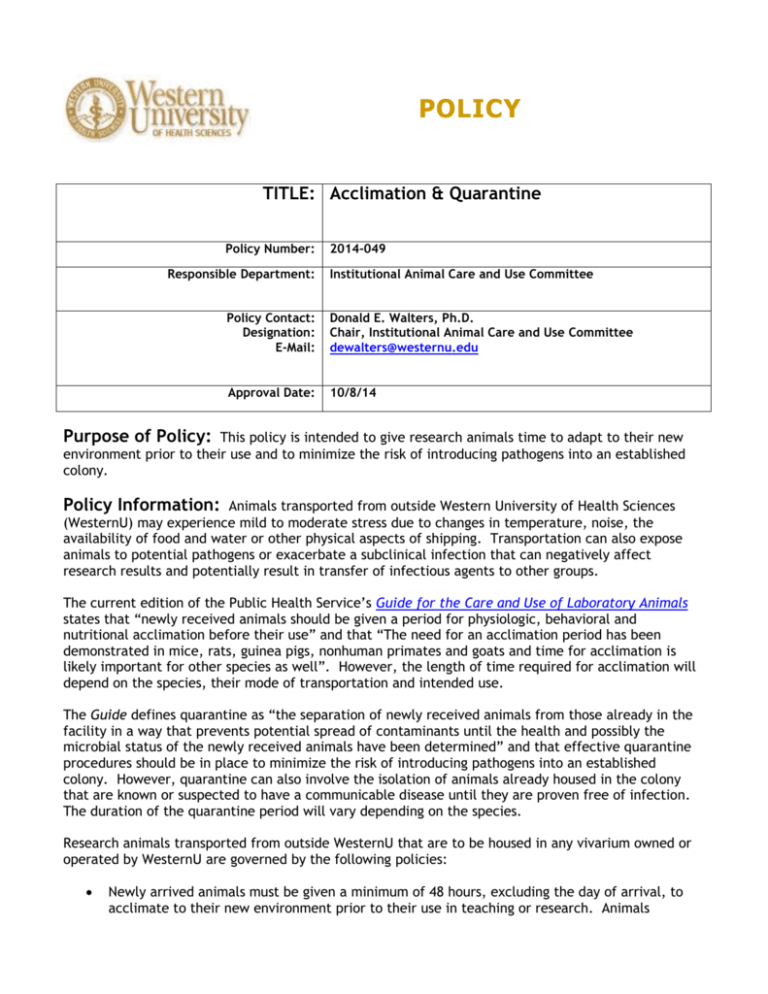
POLICY TITLE: Acclimation & Quarantine Policy Number: Responsible Department: 2014-049 Institutional Animal Care and Use Committee Policy Contact: Designation: E-Mail: Donald E. Walters, Ph.D. Chair, Institutional Animal Care and Use Committee dewalters@westernu.edu Approval Date: 10/8/14 Purpose of Policy: This policy is intended to give research animals time to adapt to their new environment prior to their use and to minimize the risk of introducing pathogens into an established colony. Policy Information: Animals transported from outside Western University of Health Sciences (WesternU) may experience mild to moderate stress due to changes in temperature, noise, the availability of food and water or other physical aspects of shipping. Transportation can also expose animals to potential pathogens or exacerbate a subclinical infection that can negatively affect research results and potentially result in transfer of infectious agents to other groups. The current edition of the Public Health Service’s Guide for the Care and Use of Laboratory Animals states that “newly received animals should be given a period for physiologic, behavioral and nutritional acclimation before their use” and that “The need for an acclimation period has been demonstrated in mice, rats, guinea pigs, nonhuman primates and goats and time for acclimation is likely important for other species as well”. However, the length of time required for acclimation will depend on the species, their mode of transportation and intended use. The Guide defines quarantine as “the separation of newly received animals from those already in the facility in a way that prevents potential spread of contaminants until the health and possibly the microbial status of the newly received animals have been determined” and that effective quarantine procedures should be in place to minimize the risk of introducing pathogens into an established colony. However, quarantine can also involve the isolation of animals already housed in the colony that are known or suspected to have a communicable disease until they are proven free of infection. The duration of the quarantine period will vary depending on the species. Research animals transported from outside WesternU that are to be housed in any vivarium owned or operated by WesternU are governed by the following policies: Newly arrived animals must be given a minimum of 48 hours, excluding the day of arrival, to acclimate to their new environment prior to their use in teaching or research. Animals intended for terminal experiments may be used prior to the end of this acclimation period following consultation with and approval of the Attending Veterinarian. Animals in quarantine are not available for use by investigators. Mouse Quarantine: Quarantine has proven ineffective in identifying and preventing disease in mice. Therefore, to reduce the potential of introducing pathogens from an outside source into existing animals colonies, investigators should consider having the mice re-derived by embryo transfer or, if the animals are to be used in terminal experiments, bring them into a short term housing room. Related Policies: IACUC Policy No. 2014-031; Adopted Standards for Animal Care; IACUC Policy No. 2014-021; Transport & Receipt of Laboratory Animals
